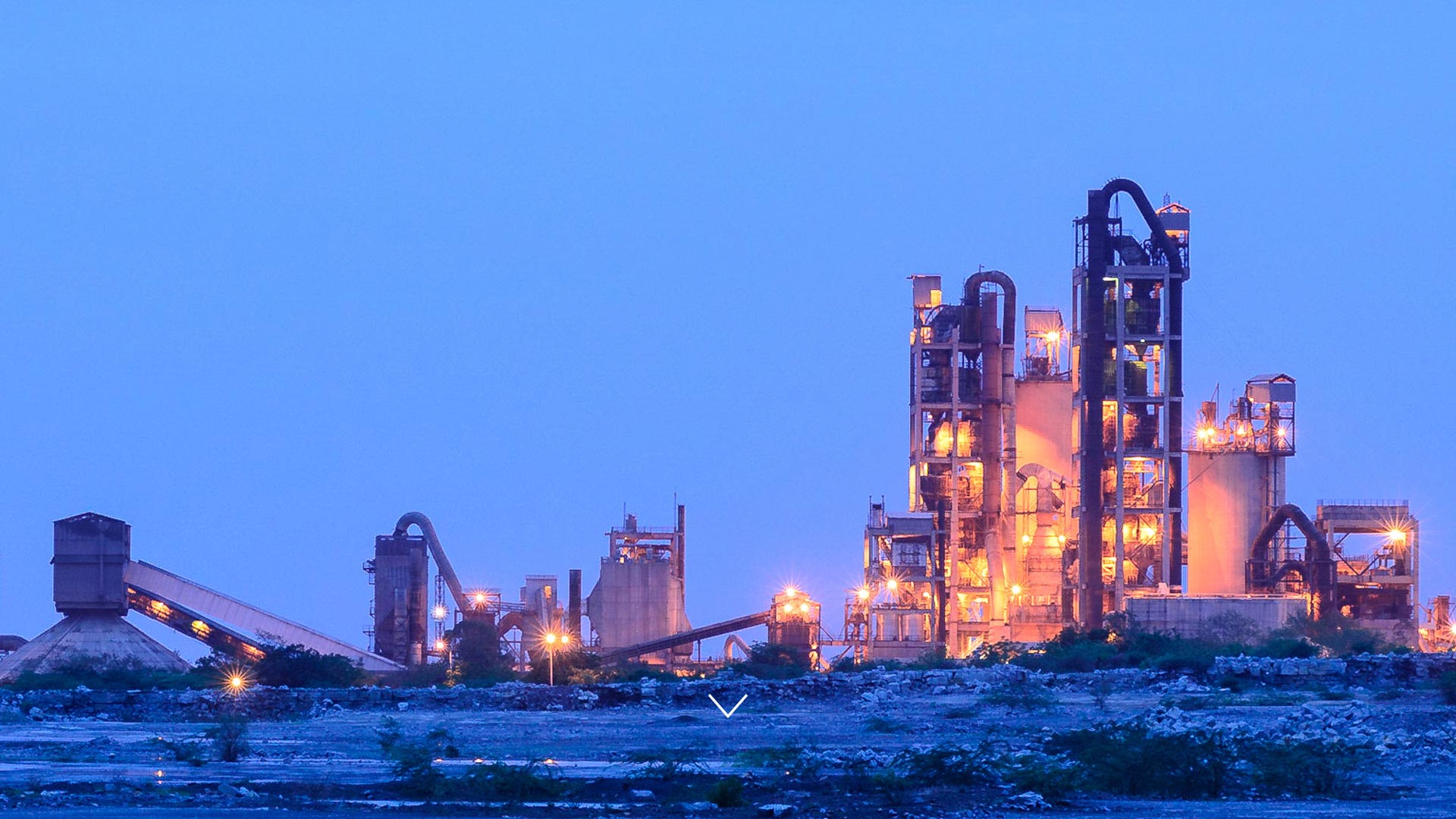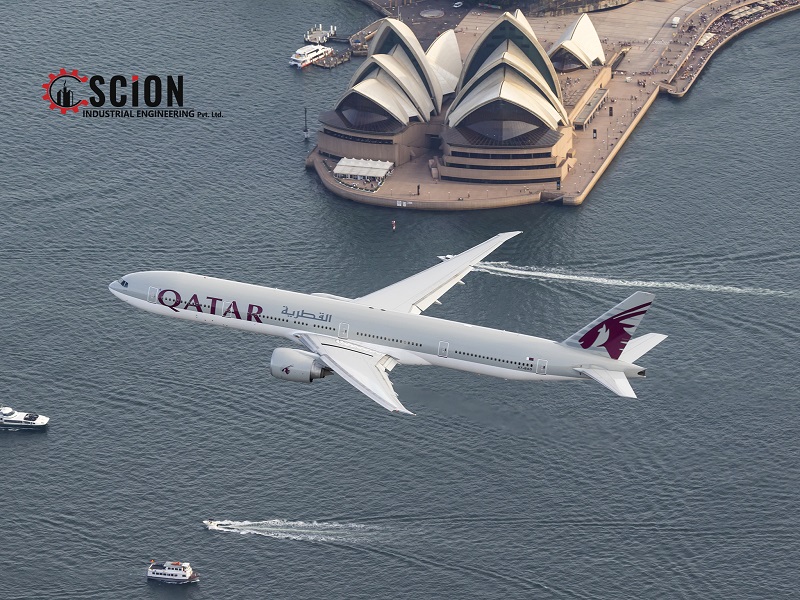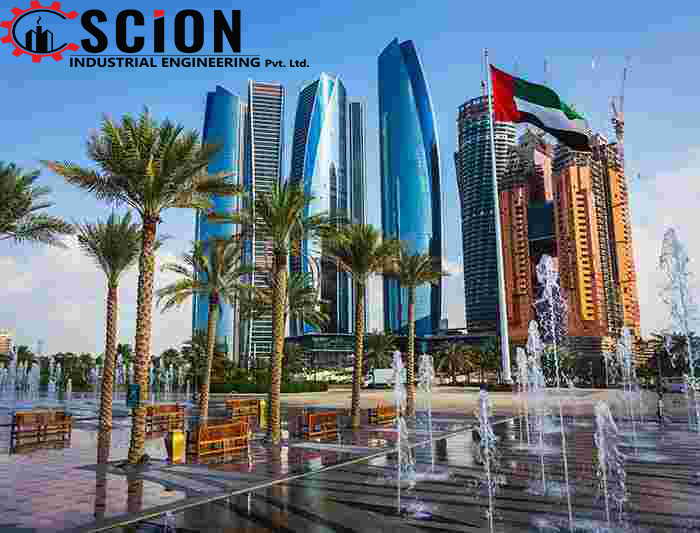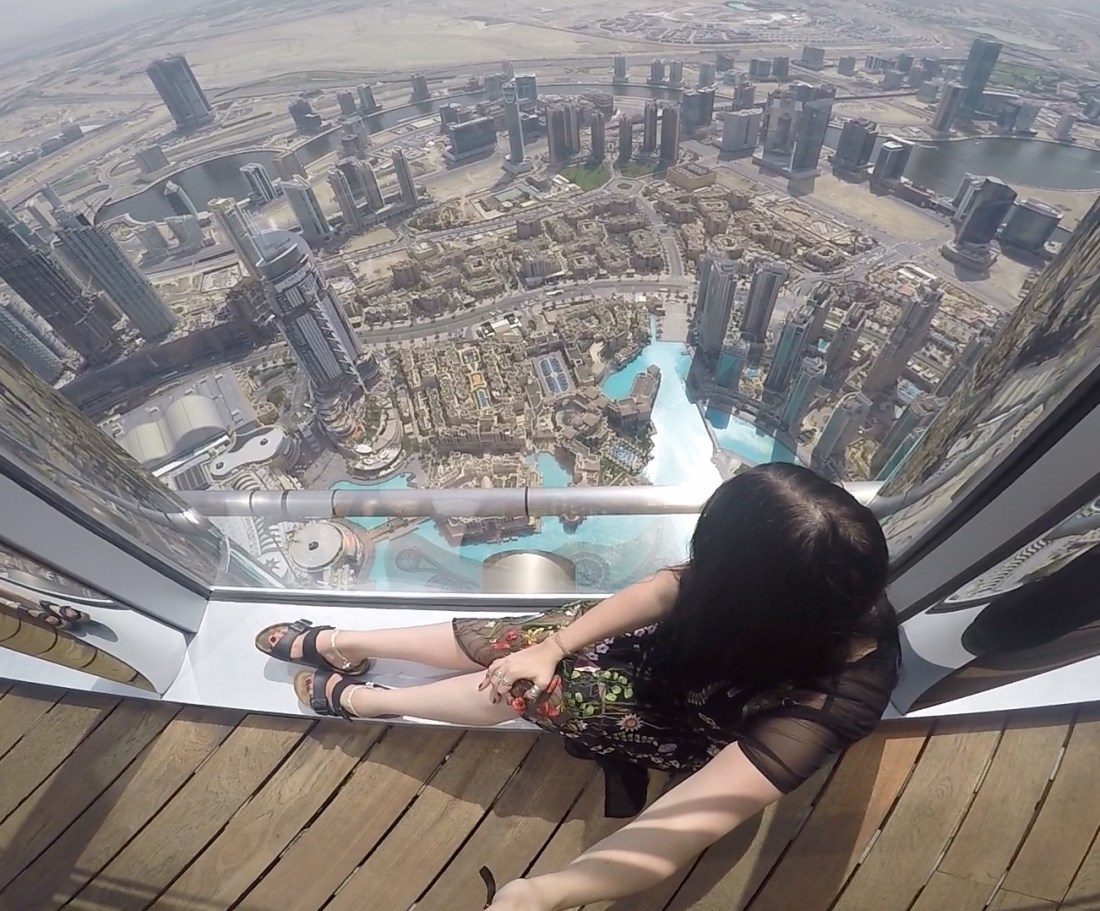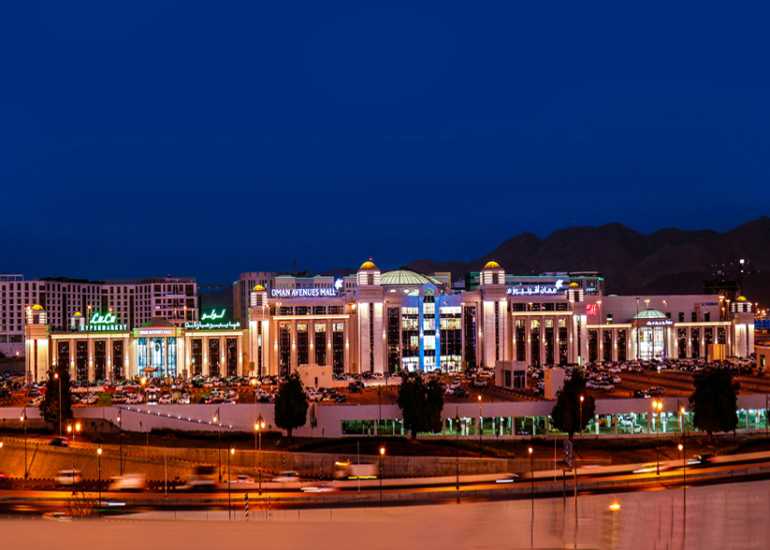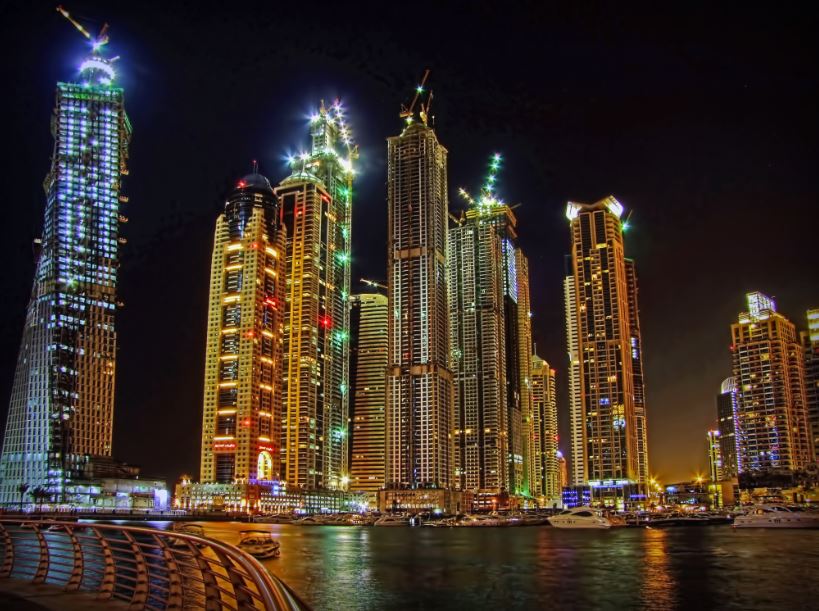Emirates airline’s recent introduction of ‘premium economy’ seats is indicative of shrewd long-term decision making, according to experts.
The Dubai-owned airline announced on January 3 that it would deploy its latest flagship A380 aircraft featuring new premium economy seats and enhancements across all cabins to London Heathrow.
While the seats are not yet bookable, passengers flying on the daily EK003/004 flight can experience the new-look premium economy as a discretionary upgrade until more seats are rolled out commercially and at scale.
According to Tobias Rueckerl, president and CEO, Advanced Aviation Consulting Limited (AACL), Emirates would likely have had the plan in the offing for “three to four years” but now is a “good time” to roll out the Middle East’s first premium economy offering.
“This is might seem a strange time to launch this product but it’s not a bad move,” said Rueckerl.
“The pandemic has acted as a catalyst for [aviation] developments that have been coming to pass for years. More and more global airlines have decided to remove first-class products, upgrade business class products and install premium economy,” he said.
Global trends such as business teleconferencing and scaling back luxury corporate travel have been on the rise since the onset of the financial crisis in 2008, the aviation consultant said.
“After the crisis, many western companies changed their travel policies permitting employees to travel in economy only,” ” said Rueckerl. “First class was often filled with mile-collecting upgraders. In this context, it makes sense to re-think the cabins. In the coming years, business travel will become less important and leisure travel will become more popular.”
The AACL expert predicted that business and first-class cabins could be eradicated entirely in the coming years, making space for more low-cost airlines and products offering economy and premium economy.
Fascinating move
Andrew Charlton, managing director at Switzerland-based Aviation Advocacy, said the introduction of premium economy seats by Emirates represents a “fascinating” move.
“There is no doubt that post-pandemic business travel volumes will drop and travel budgets will be tightened, so a value-offer like premium economy may help,” he said. “After the pandemic, many people will want to visit their families or treat their relatives to special flights, so a reasonable upgrade offer might be a good call.”
Charlton predicts that in the coming years business travellers will take occasional longer, consolidated business trips rather than frequent trips.
Stealing a march on competitors
Saj Ahmad, chief analyst at London-based aviation consultants StratAero, said Emirate’s use of a solitary A380 to roll out its premium economy offering highlights that limited scheduling is an issue amid pandemic times.
“Until more airplanes with this cabin are made available for use, it is at Emirates’ discretion regarding who uses premium seats,” he said.
“At the same time, it does allow customers to get a first look at a new product: Emirates is the only GCC airline that has a premium economy suite and so the novelty factor will definitely be an eye-catcher for regular travellers.”
Ahmad added that Emirates has “stolen a march” on its Gulf rivals with its new offering.
“Once we’re through this pandemic, Emirates will have yet another string to its bow for engaging and enticing customers,” he said. “You have to wonder how Gulf competitors will sit on the sidelines before they develop and introduce their own versions.”
Major route
The heavily trafficked route between London airports and Dubai has been a growing battleground for global carriers in recent years.
The London Heathrow-Dubai route alone was the fourth busiest route in the world and attracted 3.4 million passengers in 2017, according to a RoutesOnline study.
The UK capital has historically been a leading aviation hub, providing convenient connections for Emirates passengers to the rest of the UK and wider Europe.
Last week, Sir Tim Clark, president Emirates, said: “The Emirates A380 is already one of the most sought-after travel experiences in the skies, and now we’ve made it even better. While others cut back, Emirates is working hard to restore the products and services that we’ve had to suspend or adjust due to pandemic precautions, and introduce new offerings and enhancements.”
The airline received its newest A380 aircraft from Airbus in December and its remaining order of five A380s will also be delivered with premium economy cabins over 2021 and 2022.
What’s in Emirates premium economy?
The premium economy cabin will have 56 seats in a 2-4-2 cabin layout.
With a pitch of up to 40-inches, Emirates’ premium economy seat is 19.5 inches wide, and reclines eight inches into a comfortable cradle position with ample room to stretch out.
Each seat has a 13.3″ screen, one of the largest in its class as well as easily accessible in-seat charging points, a wide dining table and side cocktail table.
Emirates premium economy is located at the front of the main deck, with two lavatories dedicated to customers.
https://www.arabianbusiness.com/transport/456931-emirates-premium-economy-rollout-is-well-timed-despite-pandemic-say-experts

